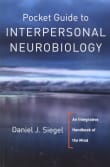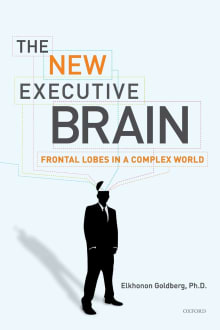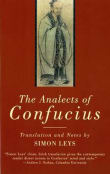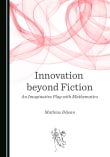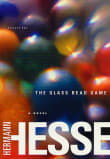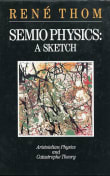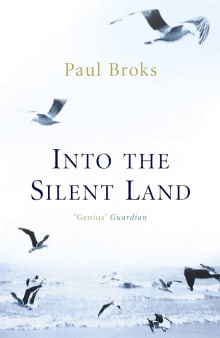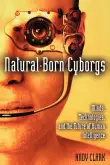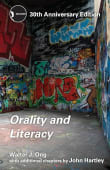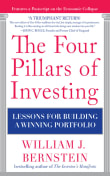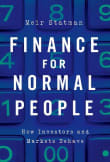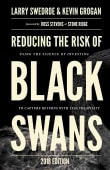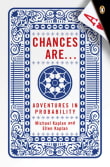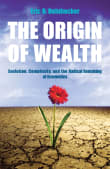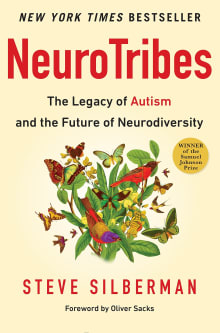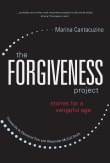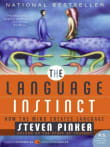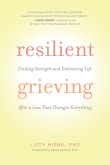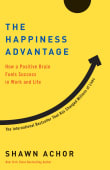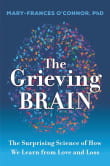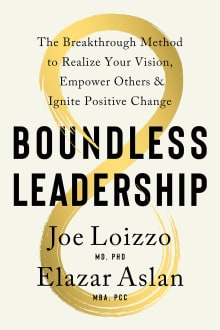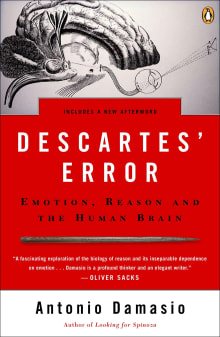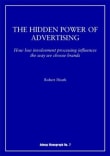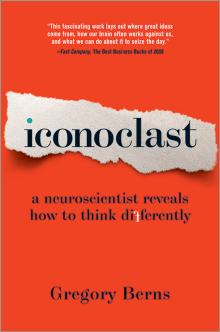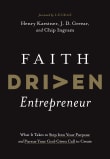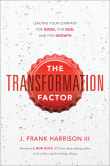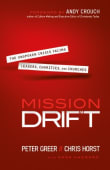Why am I passionate about this?
I have spent my entire professional life quietly patrolling the frontiers of understanding human consciousness. I was an early adopter in the burgeoning field of biofeedback, then neurofeedback and neuroscience, plus theory and practices of humanistic and transpersonal psychology, plus steeping myself in systems theory as a context for all these other fields of focus. I hold a MS in psychology from San Francisco State University and a PhD from Saybrook Institute. I live in Mount Shasta CA with Molly, my life partner for over 60 years. We have two sons and two grandchildren.
Jim's book list on brain, mind, and consciousness

Why did Jim love this book?
In this uniquely structured book, Dan Siegel covers the major elements of interpersonal neurobiology, which is one of the most exciting theoretical constructs currently available. Siegel and I are definitely on the same page in applying complex dynamical systems theory to the understanding of mind/body integration, consciousness, and the essential role of interpersonal relationships in healthy human development.
1 author picked Pocket Guide to Interpersonal Neurobiology as one of their favorite books, and they share why you should read it.
Many fields have explored the nature of mental life from psychology to psychiatry, literature to linguistics. Yet no common "framework" where each of these important perspectives can be honored and integrated with one another has been created in which a person seeking their collective wisdom can find answers to some basic questions, such as, What is the purpose of life? Why are we here? How do we know things, how are we conscious of ourselves? What is the mind? What makes a mind healthy or unwell? And, perhaps most importantly: What is the connection among the mind, the brain, and…
- Coming soon!







